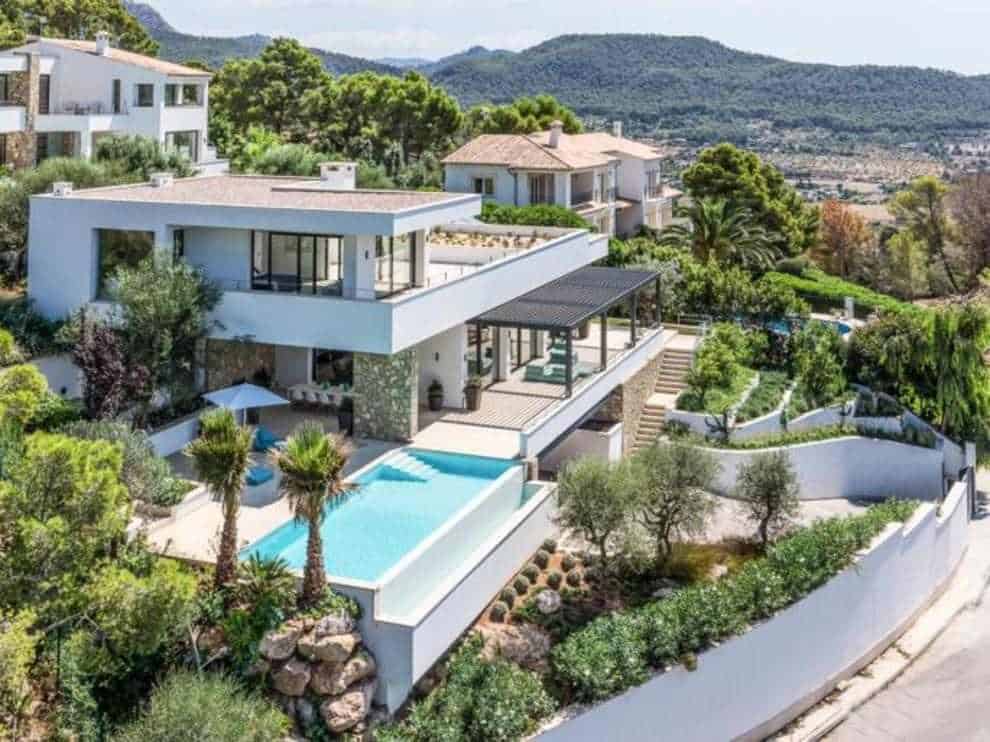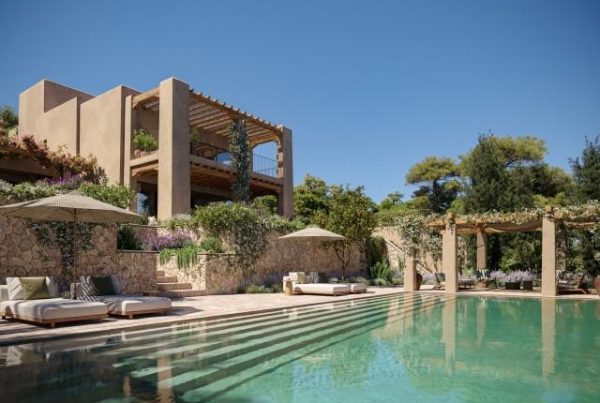Set-Up of Tourist Activity: Tourist Accommodation in Rural Areas (Mallorca)
Real Estate and Tax Law – Balearic Islands
Tourist accommodation in rural areas is one of the most valued forms of tourism in Mallorca, as it combines the island’s natural beauty with authentic local experiences. However, this type of accommodation is also one of the most strictly regulated under Law 8/2012 on Tourism in the Balearic Islands.
Below, the team of Frau Legal — experts in Real Estate and Tourism Law — explains the requirements, classification, and registration process for setting up rural tourist accommodation in Mallorca.
1. Classification of rural tourist accommodation
The law distinguishes between Rural Hotels and Rural Tourism establishments, based on the age of the building, land area, and use of the property.
Rural Hotel
- The building must have been constructed before 1 January 1940.
- It must be located on rural land (suelo rústico).
- It must have a minimum plot size of 49,000 m².
- The property must be related to a farming, livestock, or forestry activity.
Rural Tourism
- The building must have been constructed before 1 January 1960.
- It must also be located on rural land.
- It requires a minimum plot size of 21,000 m².
- The land must be used for agricultural, livestock, or forestry purposes.
2. Documentation required for registration
To legally start the activity, the owner must submit a DRIAT (Declaración Responsable de Inicio de Actividad Turística) to the Tourism Department of the Consell de Mallorca, accompanied by the following documentation:
- DRIAT form duly completed.
- Proof of identity and representation (if submitted by an agent).
- Descriptive technical report, including:
- Name, address, category, and registration number (if applicable).
- Plot surface area.
- Detailed list of accommodation units: bedrooms, lounges, bathrooms, terraces, kitchens.
- Description of the buildings: number, location, floors, and use.
- Description of common areas (reception, dining room, swimming pool, gym, etc.).
- Plans or sketches of the building with all corresponding data.
- Payment of stamp duties (fee per bed).
Once the DRIAT is presented, the applicant is immediately authorized to start the activity.
3. Verification and inspection process
According to Decree 13/2011, after submitting the DRIAT:
- An inspection will be carried out to confirm that the property meets the declared requirements.
- If any false or incorrect information is found, the registration will be cancelled, and the activity suspended.
- In case of missing documentation, Law 30/1992 grants a 10-day correction period.
4. Legal conditions for existing rural building
Existing outbuildings (constructed before 22 July 2012)
According to Law 8/2012, outbuildings built before the law’s entry into force may be used for any purpose, including accommodation, as long as they comply with planning and environmental regulations.
- Extensions and refurbishments are permitted if they comply with urban and environmental criteria.
- These works are exempt from the maximum construction volume limits established by Article 28.4 of Law 6/1997 (Rural Land Law).
5. Environmental and heritage considerations
Environmental Impact Assessment
Newly created rural hotels are subject to:
- An Environmental Impact Assessment under Annex II, Law 11/2006 (group 7h).
- A Declaration of General Interest granted by the Consell Insular (Article 44.4, Law 8/2012).
Protected buildings
Buildings with protected architectural or heritage elements can be registered for tourist use only with a favorable report from the competent Tourism or Heritage Department (Article 44.5, Law 8/2012).
6. Why legal assistance is essential
The setup of rural tourist activity involves multiple laws and administrative levels (local, insular, and regional). Incorrect classification or missing permits can result in fines, suspension, or denial of registration.
At Frau Legal, our lawyers in Mallorca and Ibiza offer:
- Full management of DRIAT submissions.
- Legal and technical verification of compliance.
- Coordination with architects, town councils, and the Consell Insular.
- Ongoing compliance support and inspections.
If you are planning to convert your rural property into tourist accommodation, our team will ensure your project is 100% legal, sustainable, and compliant.
📩 info@bufetefrau.com
📞 +34 971 22 80 36
Recommended resources
- Law 8/2012 on Tourism in the Balearic Islands
- Law 6/1997 on Rural Land in the Balearic Islands
- Decree 13/2011 – DRIAT Regulation
- Law 11/2006 on Environmental Impact Assessment






